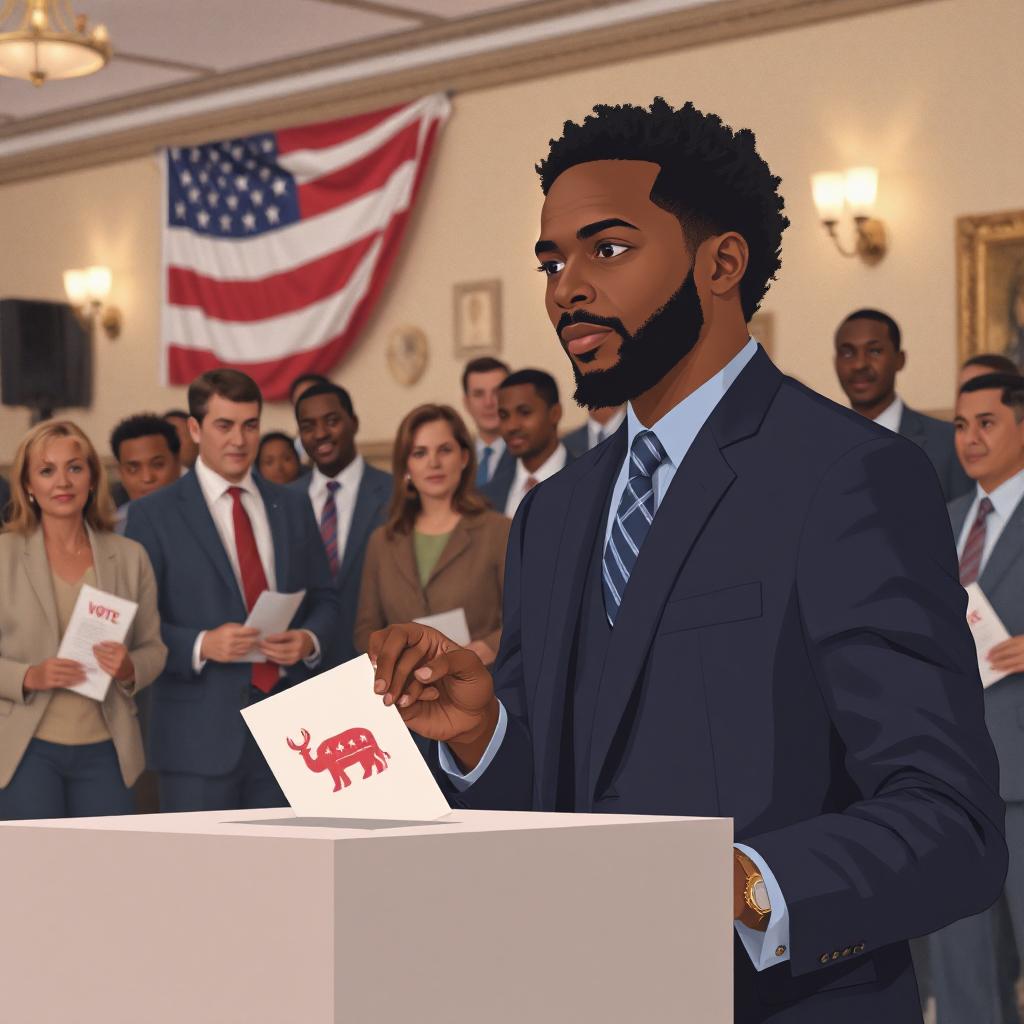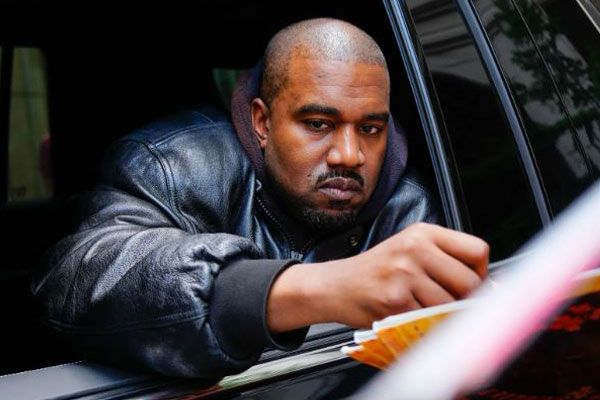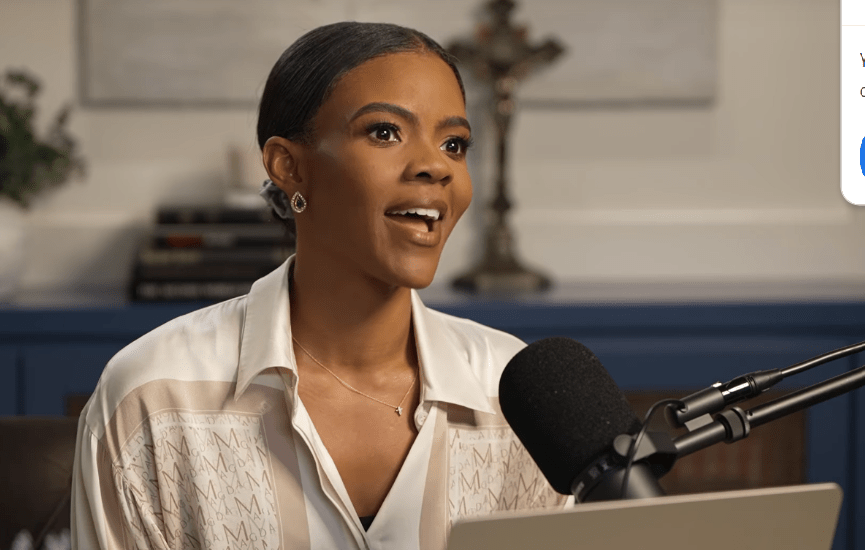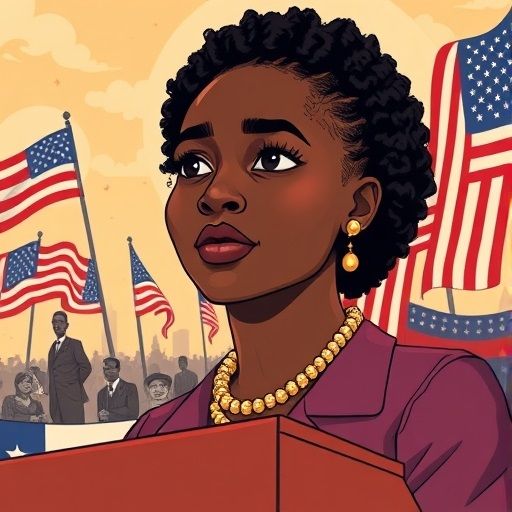Politics
Why More Black Americans are Turning to the Republican Party
The political landscape in the United States has experienced a remarkable shift in recent years, especially within the African American community.
The black population has historically been a stronghold of the Democratic Party. However, recent election statistics show that a notable percentage of black voters now lean toward the Republican Party. And the numbers are steadily increasing.
This change is attributed to various factors, including shifting values, economic concerns, and influential Black figures openly supporting Republican candidates.
A Radical Transition: From Democratic Roots to Republican Appeal

For decades, the Democratic Party held significant sway over Black Americans. Over 90% of Black voters had consistently backed Democratic candidates. However, recent polling data shows that the tide is changing.
According to Pew Research Center, Black support for the Democratic Party dropped from 90% in 2008 to around 83% in 2020.
In the 2024 presidential election, exit polls from reliable sources such as Edison Research reported that around 18% of Black men and 10% of Black women voted Republican, marking a notable increase in Black support for the GOP.
This transition is even more pronounced among younger Black voters. A recent survey by Gallup reveals that Black Gen Z and Millennials are more open to Republican policies, especially around issues like entrepreneurship, criminal justice reform, and school choice, than previous generations were.
High-Profile Black Conservatives

Several prominent Black Americans have played pivotal roles in this shift. Former Democrats, including personalities like Kanye West and NFL legend Herschel Walker, have become vocal supporters of the Republican Party, citing alignment with conservative values.
-
READ ALSO: Black Oscar Winners: A Historical Look at Black Excellence in the Academy Awards
Their influence, along with public endorsements from other celebrities, has raised visibility for Black conservative voices, creating a ripple effect among younger voters and independent thinkers within the Black community.

Candace Owens
How Black Americans are Turning to the Republican Party
Political figures such as Senator Tim Scott and commentator Candace Owens have further elevated the conversation, discussing issues of economic empowerment and family values.
These voices present the Republican Party as an avenue for Black Americans to explore new policy positions and options for economic growth.
Factors Fueling the Shift
1. Economic Empowerment and Tax Policy
The GOP’s emphasis on lower taxes, business incentives, and personal financial freedom resonates with many Black Americans who value economic independence. A significant number of Black entrepreneurs now see Republican policies as more favorable for small business growth and self-reliance.
-
READ ALSO: 10 Nigerians Who Have Won The Grammy
2. Education Reform and School Choice
Republicans’ advocacy for school choice resonates with Black parents seeking better educational opportunities for their children. Many see school choice as a means to escape failing public schools, which disproportionately impact communities of color.
3. Rising Crime and Criminal Justice Reform
Many Black Americans are concerned about crime rates in their neighborhoods, a pressing issue Republicans have focused on. Though historically skeptical, some Black voters view conservative approaches to criminal justice reform as offering practical solutions.
Key Statistics and the Growing Divide

1. Exit Poll Data
According to exit polls by Edison Research, Black support for the Republican Party reached 18% among Black men in the 2024 election, compared to 8% in the 2012 election.
2. Young Black Voters
Gallup surveys found that 30% of Black Millennials and Gen Z consider themselves “politically independent,” with over half of this group open to voting Republican.
3. Black Republicans in Office
The number of Black Republicans in state legislatures and Congress has increased over the last two election cycles, with prominent figures such as Congressman Byron Donalds advocating conservative positions.
Conclusion: A New Era of Black Conservatism?
The growing shift among Black Americans from Democrat to Republican marks a new era in American politics.
As more Black voters feel empowered to explore conservative principles, the GOP is increasingly adjusting its policies to engage Black communities on issues that resonate most.
This transition signals that the Black vote is no longer a monolithic entity, which could significantly shape future elections.
Black Americans are Turning to the Republican
Discover more from Jojo Naija
Subscribe to get the latest posts sent to your email.
Continue Reading
